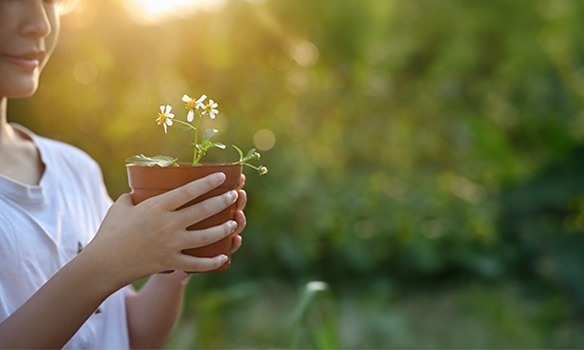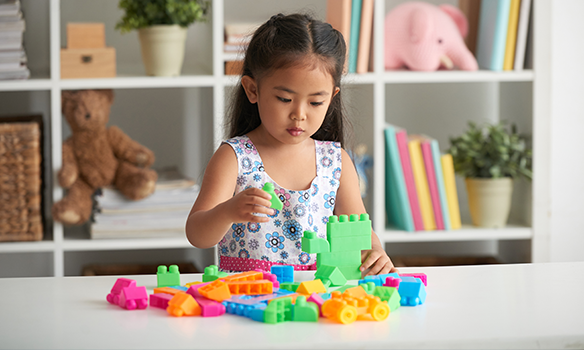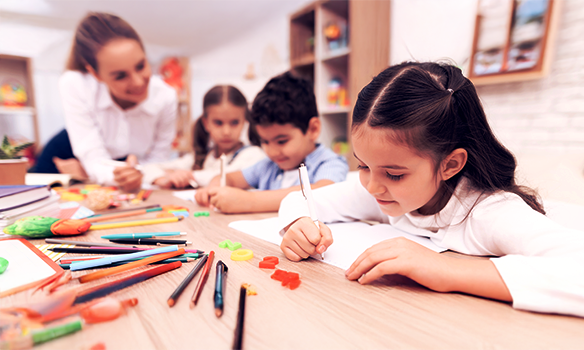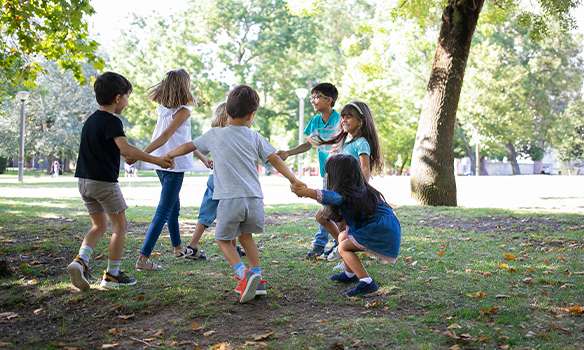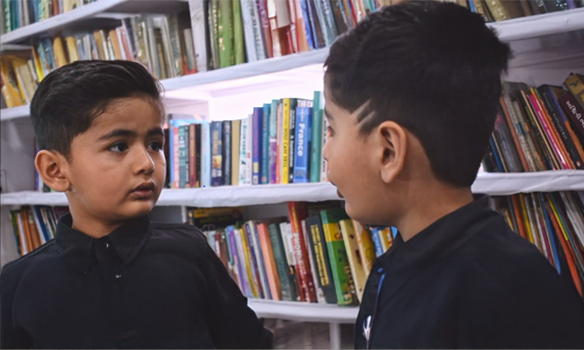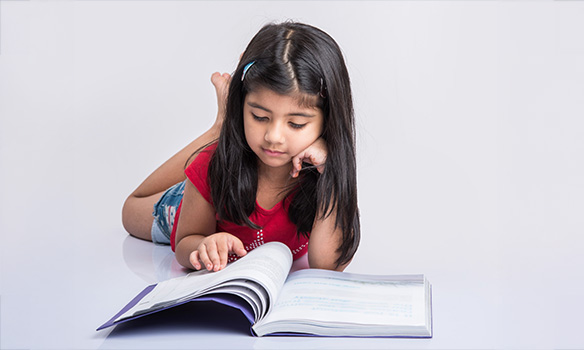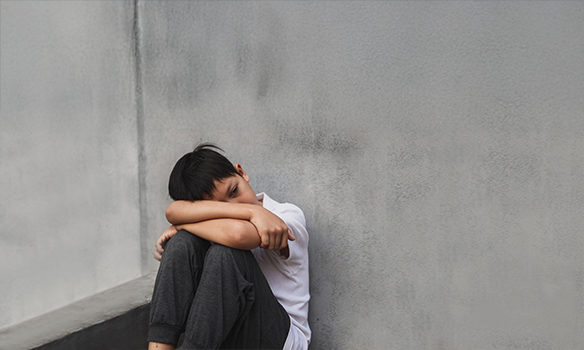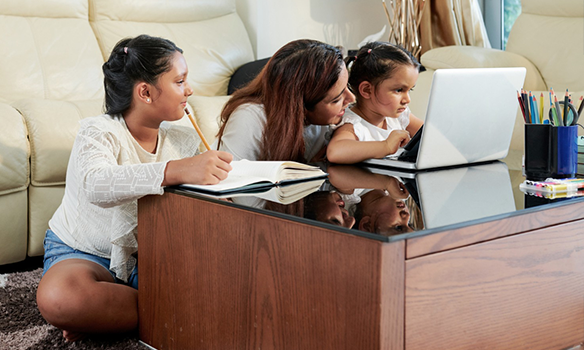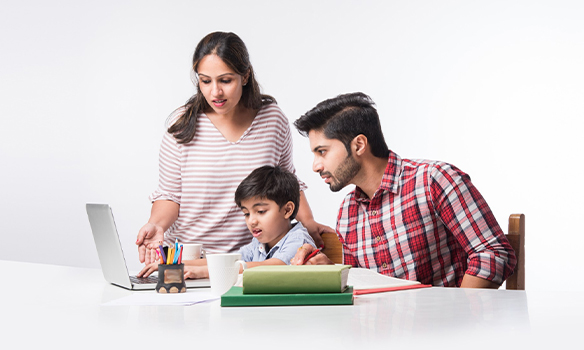Talking about puberty with children
Puberty- The period during which adolescents reach sexual maturity and become capable of reproduction.
The definition of puberty is very simple and so is the concept, but it is a phase in the life
of our children that for them is very difficult and confusing to gauge. There are many
social stigmas in our country attached to talking about puberty. This subject can raise
awkward questions which may sometimes be uncomfortable or uneasy for parents to
answer. In spite of the uneasiness, it is important that parents speak to their children
about puberty before its onset. It is essential for children to know what they are going to
be dealing with in terms of emotional, social and physical changes.
Talking about puberty with your children doesn’t mean that they will be receptive to it. Many children will not engage in these discussions and may diss you for them. That’s why it is recommended that parents talk about it with children when they are younger instead of brining it up when they are on the onset of puberty.
Puberty education can reduce anxiety and enhance better attitudes in adolescents.
How to approach children about puberty?
Puberty discussions need to start early and have to be age-appropriate. You may start by talking about genders to start off with. It doesn’t matter what the gender of your child is. Gender conversations will make them aware about the changes that they and their peers will face and how those changes may be different from each other.
When the age is right, you can move the conversation to various body parts regardless
of the gender. This is also when you can teach them about good touch and bad touch.
Usually, boy start hitting puberty by the age of 9 and many girls reach puberty as early
as 8 years of age. Conversation about body parts in simple language should happen
before they reach this age. Here is a list of things that kids should know about before
puberty hits:
- Girls become more rounded around pelvis and legs.
- Girls’ breasts’ begin to swell and grow.
- Girls and boys start growing pubic and underarm hair.
- More acnes and sweating is observed in all genders.
- Boys’ voices change and become deeper.
- Boys’ penises and testicles grow.
- All genders show a growth spurt.
- They may experience wet dreams
- A girl stars menstruating 2-3 years after the onset of puberty.
- The onset of menstruation and the cyle can be different for different girls.
Questions you can expect from your kids before or after they reach puberty:
- What is this hard lump in my breast?
- Why don’t I have pubic hair yet?
- Why do I have so many acne?
- Why have I not got my period yet?
- Why did I get my period so early?
- Why am I getting so emotional?
Remember, you need to be available to talk to your children whenever they need you but you will always have to initiate many conversations so that they feel safe sharing their feelings around you.
We hope that these pointers make you and your children have fruitful conversations and
make your bonds even stronger!
Related Blogs
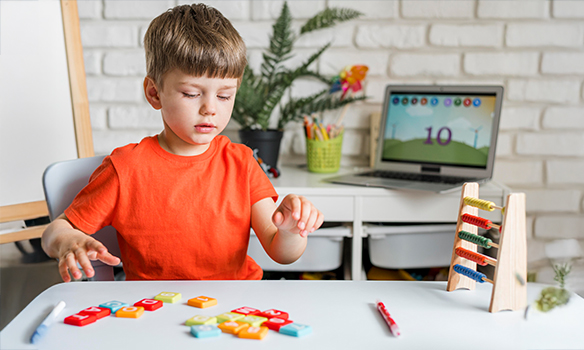
Early Learning in Nagpur: Using Phonics and Math to Build Strong Foundations for 3-Year-Olds






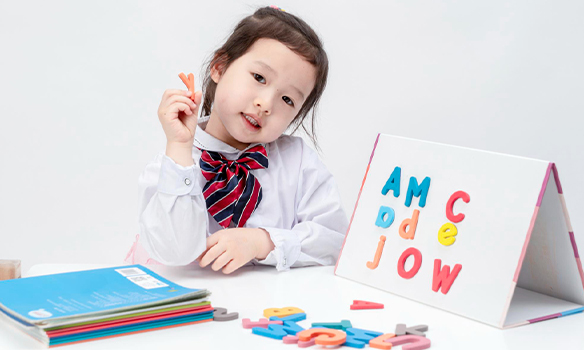
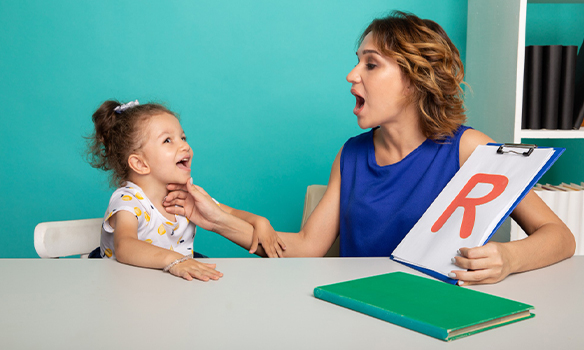
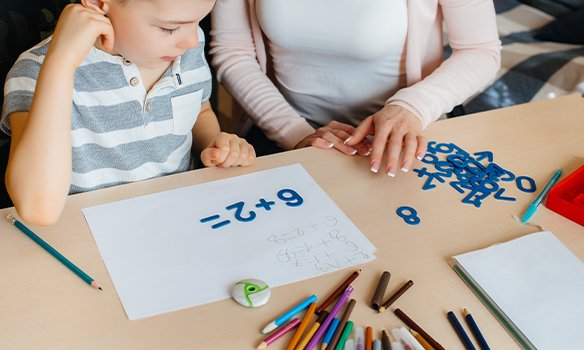
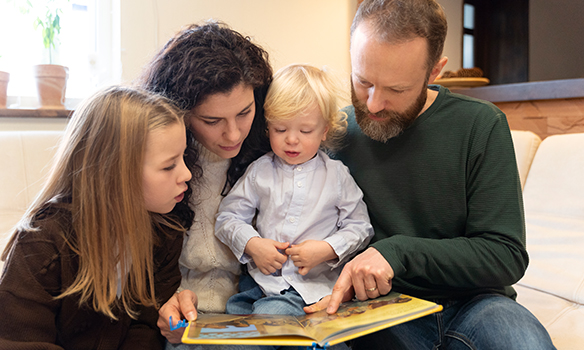
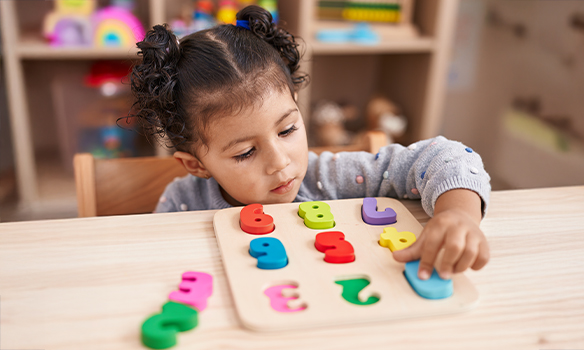
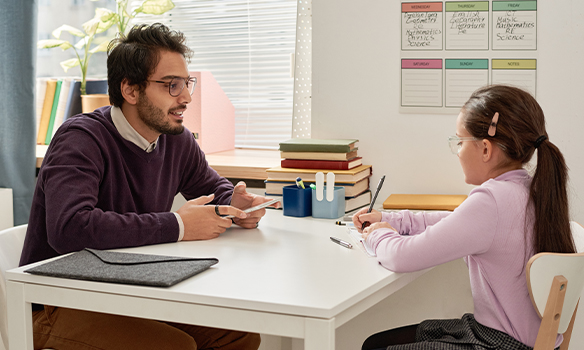



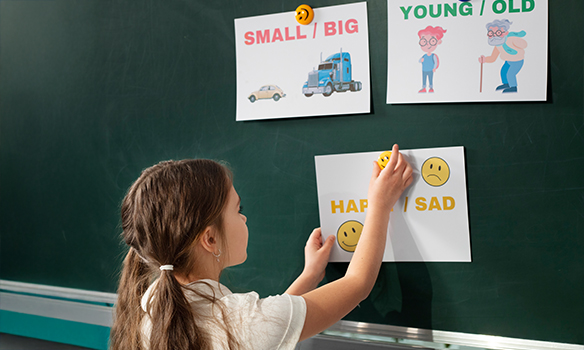
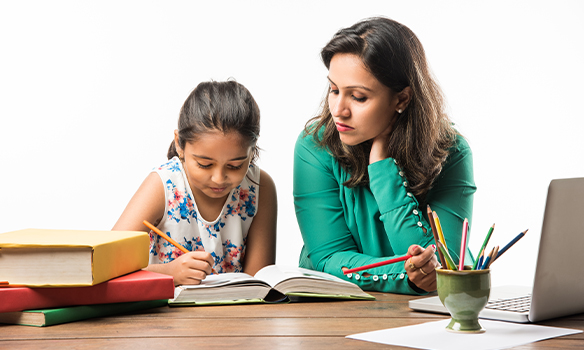

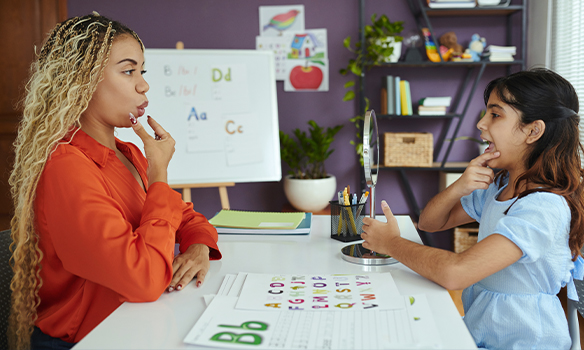


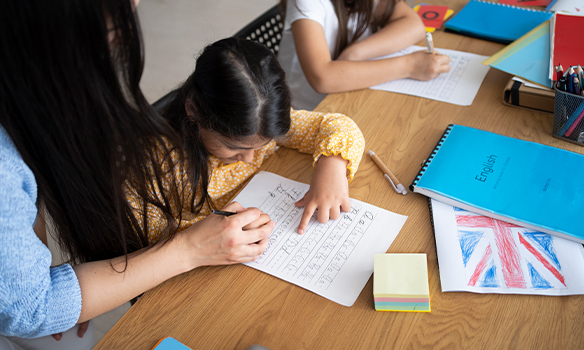

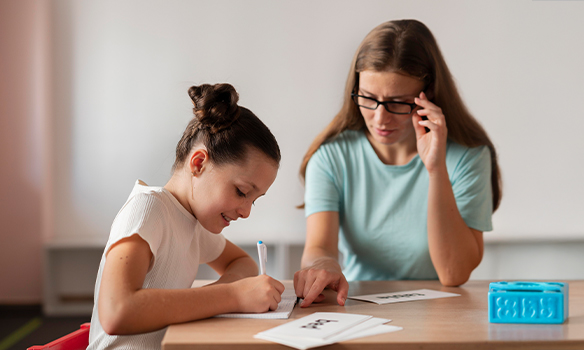
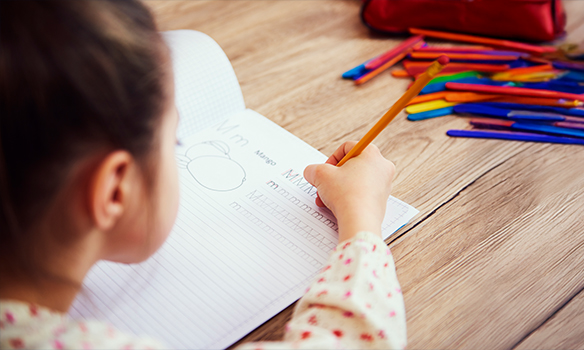

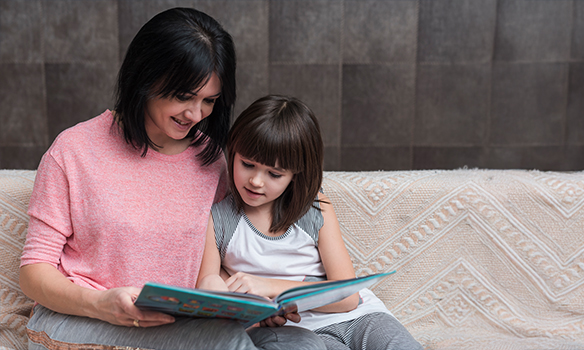






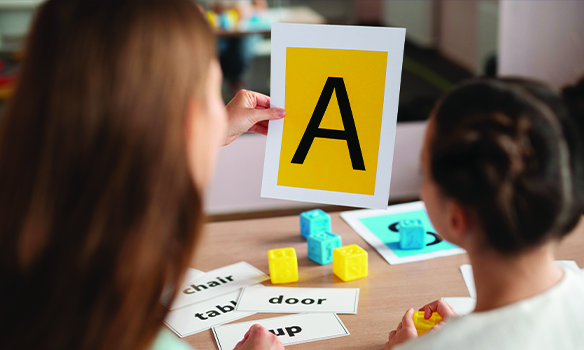


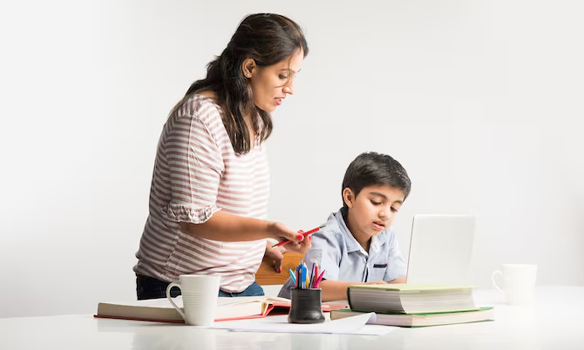
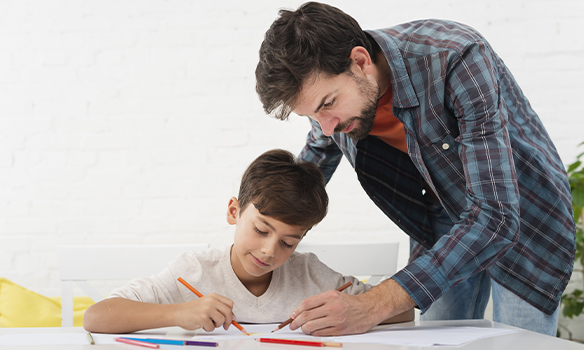



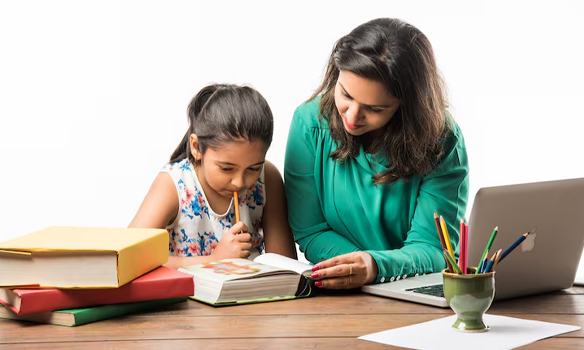
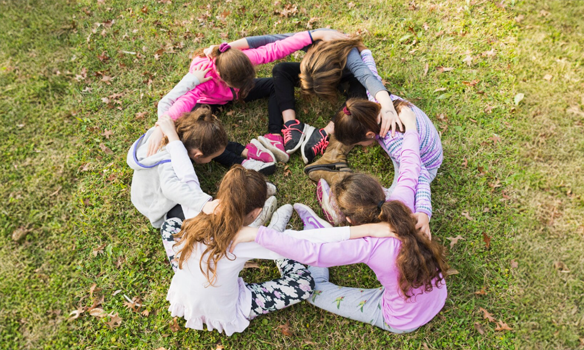



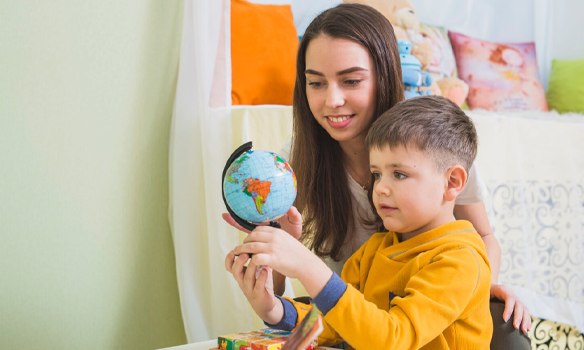


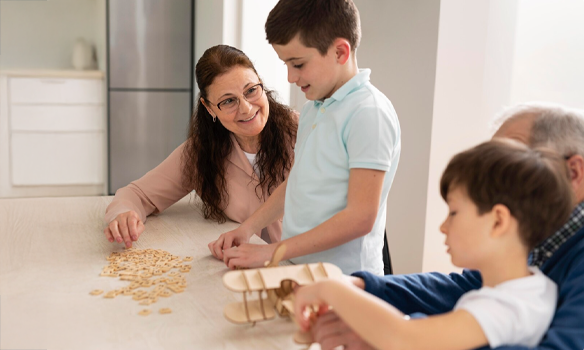
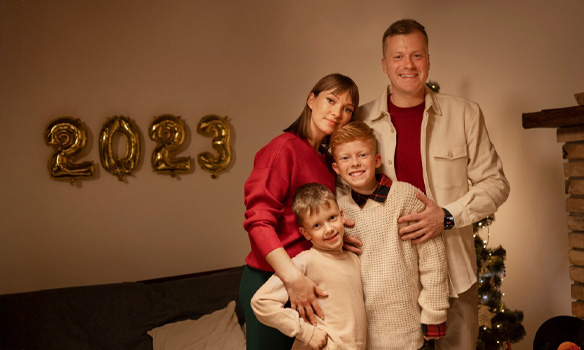
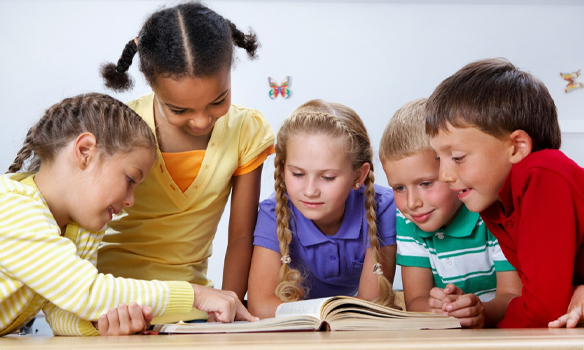




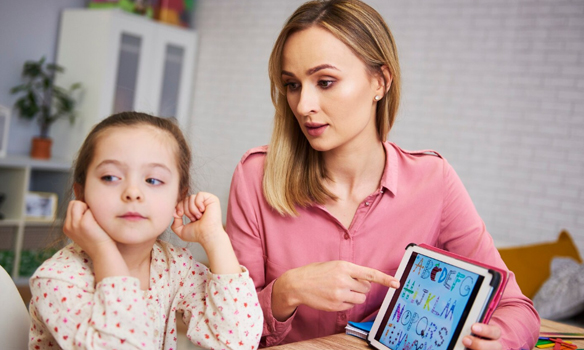



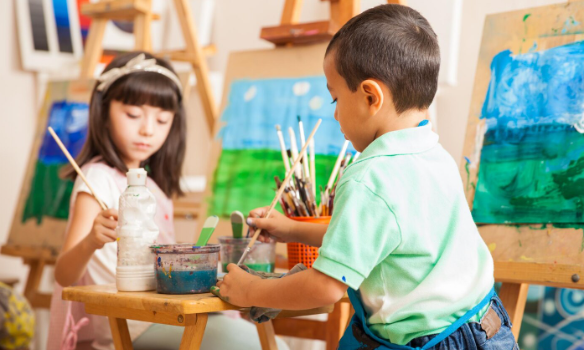

.jpg)

